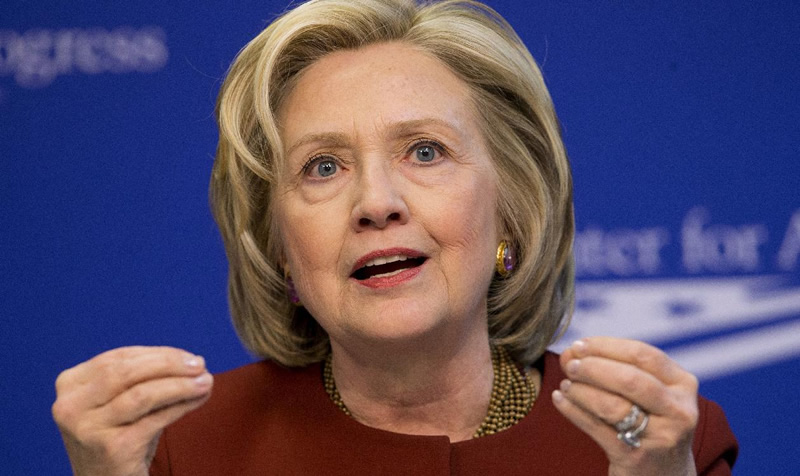 KARACHI: The merger of MCB Asset Management Company (AMC) and Arif Habib Investments (AHI) will take place within a few weeks.AHI Chief Executive Nasim Beg said this on Tuesday. After this merger it would become the second largest asset management company after National Investment Trust (NIT), he said.While talking to a group of reporters, he said the scheme of amalgamation would be presented to shareholders following the agreement. The merger will enable AHI funds to be distributed through the MCB Bank’s branch network, he said.As of December 31, 2010, AHI, which is managing 11 open-end funds, two pension funds and eight investment plans with over Rs 13 billion assets under the management, he said. The MCB AMC also has around this much of the said amount, so the merged entity would have around Rs 28 billion, he said.Beg refused to share further details of the merger, saying that they were price sensitive.The two companies announced their plan to merge in March 2010.
KARACHI: The merger of MCB Asset Management Company (AMC) and Arif Habib Investments (AHI) will take place within a few weeks.AHI Chief Executive Nasim Beg said this on Tuesday. After this merger it would become the second largest asset management company after National Investment Trust (NIT), he said.While talking to a group of reporters, he said the scheme of amalgamation would be presented to shareholders following the agreement. The merger will enable AHI funds to be distributed through the MCB Bank’s branch network, he said.As of December 31, 2010, AHI, which is managing 11 open-end funds, two pension funds and eight investment plans with over Rs 13 billion assets under the management, he said. The MCB AMC also has around this much of the said amount, so the merged entity would have around Rs 28 billion, he said.Beg refused to share further details of the merger, saying that they were price sensitive.The two companies announced their plan to merge in March 2010.
He said AHI recently converted their Pakistan Strategic Allocation Fund (PSAF) and Pakistan Premier Fund (PPF) from closed-end schemes into open-end schemes. He said this was done to protect investors who got much less for their units from the market despite higher net asset value. The conversion provides investors opportunity to avoid this loss, he said.He said AHI’s decision to convert the closed-end funds into open-end schemes was instrumental in removing the discounts in its funds. The management’s decision of not putting a back-end load was also made in the best interest of the investors, he claimed.In the absence of any exit load or penalty for redemption by the investors there was a probability that the funds may witness redemptions and the company may lose valuable captive assets under management on which fee was earned, he said. But the company still went for it to protect investors’ interest, said the AHI chief executive.He said AHI had, in November 2005, converted Pakistan Capital Market Fund (PCM) into an open-end scheme when investors’ confidence was badly shaken because of March 2005 crisis.
To a question about competition from government savings schemes faced by the mutual funds industry, he said the government and the mutual funds were both vying for the same money. He said mutual funds had in a way joined the government to avoid this competition by offering money market funds, which mainly invest in Treasury bills.He said the Arif Habib Group had applied for setting up four real estate investment trusts (REITS) of different models. He said the REITS would increase the supply of housing units in the country. This wouldn’t cut housing prices, but it would make the housing price rise slow, he said.He said the Arif Habib Group was going to launch American Depositary Receipts (ADR) for one of its companies to familiarise US investors with the group. This will pave way for the group to raise funds from the US market in the future, he said. “But we don’t have any intention to raise funds now.” He said the group was also in the process of setting up a steel plant that would meet the raw material requirements of local auto manufacturers. Besides, he said, the group also had interests in a wind power project.
He said the role of Securities and Exchange Commission of Pakistan (SECP) in the recent past had been negligible. But with the new chairman and induction of human resource, it is hoped that the SECP’s performance would improve, he said.Talking about the country’s economy, he said the agriculture sector was strong despite recent damages caused by floods. The industrial sector’s performance is also fairly decent, he added.He said the problems in the economy came from the government’s side, particularly the public sector enterprises. He said the government could not run businesses profitably. He said the tax machinery lacked the capacity to assess people’s income for calculating tax liabilities. He said agriculturists should be made to file income tax returns so that their income from other than agriculture might be properly taxed.He said there should be no exemption at all. “Everybody should be taxed. That will encourage people to raise their voice and hold the authorities accountable,” he said.He said the rate of value-added tax should be less than five percent, which would make people pay their taxes willingly. The government can raise much revenue by imposing taxes at a low rate. High tax rate should not be imposed with such a high inflation level – Dailytimes











